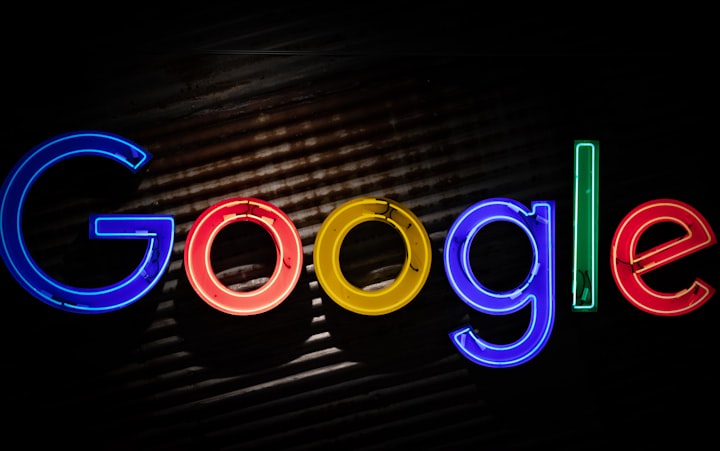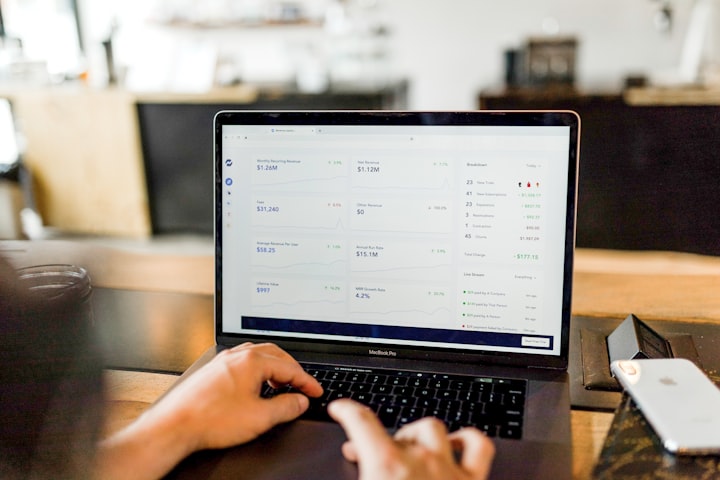Can We Live Without Google? (maybe not) Should we?
Google has become our primary form of external memory for many uses, but can we live without it today?

Some months ago, Google went out of service, worldwide, as it seems to be caused by a hacker’s attack, making millions of people unable to access their Google accounts, including Gmail and YouTube, after the world’s largest search engine crashed.
This comes just days after a significant breach of US Government agencies by Russian hackers. The outage lasted for more than an hour.
Well, I may say that this period of pandemic has been hard enough up to here, but having the most important cloud services platform out-of-service can set the bar when it comes to the Worst age ever index...
And while it looks like various services were starting to come back online, I've started taking that crazy morning as an excellent opportunity to put myself one question: What would our lives be like if Google services suddenly stopped working, forever?
How big is the Big G?
Have you ever noticed how we are dependent on services like, google search, Gmail, Google Docs, Youtube, Google calendar, among others?
Google is the most visited website in the world. To put some numbers on it:
- Google has been visited 62.19 billion times this year
- it processes over 7 billion searches per day.
- Google Lens recognized up to 1 billion different items;
- Google searches based on the device, 63 percent of Google’s US organic search traffic originated from mobile devices.
- Google is also a starting point for almost half of the product searches since 46 % of product searches begin on Google
- 84% of people use Google 3+ times a day or more often.
Without even taking a look at this stat, we know that we’re dependent on Google. Multiple times per day, we’re turning to Google to resolve our queries.
I’m sure that many of us became destitute and incommunicable with the world; some of us have lost our ties and remained isolated from our friends and business.
I’m sure that many of us became destitute and incommunicable with the world; some of us have lost our ties and remained isolated from our friends and business.
Well, with a global pandemic out there, with really more serious issues still going on and thousands of people dying every day across the world by COVID-19, I know that 2020 has been apocalyptic enough. Even the scenario we had faced this morning has shown us that there is a significant dependency on Big G services, and for many people, this seems to be a natural “end”?
We must recognize that our whole daily life depends on corporations’ services; besides that, Google does not offer something unique; it only provides higher quality than the competition. And that’s why Google became so relevant.
I don’t think the problem here is to have a particular dependency on more agile services like cloud services, and I think we should share our dependencies with other companies that can supply our needs. The monopoly of our needings is the real threat here.
This morning was a kindly reminder that Without Google, a big part of the modern world would cut out, our documents would not be accessible, we could not reach any website in the world, simply because many of us are unable to remember URLs or we could not have our emails.
I’m pretty sure that if one day Google will not be there, other companies will appear, and we will be making the same vows of eternal love forever… but until now.. these hiccups make me feel anxious.
But how dependent are we?
Search engines like Google and internet databases have become a kind of “external memory” for our brain, according to a study published Thursday in the journal “Science,” which reveals that we have lost retentive memory of data, but we gained search skills.
Educators and scientists have already warned that man was becoming increasingly dependent on online information, but so far, there have been few studies to confirm it.
The study “Google Effects on Memory: Cognitive Consequences of Having Information at Our Fingertips” shows like our “personal database,” known as the “Google effect,” and computers and online search engines have become something like an “external memory” system.
This study suggests that people are willing to think about computers when faced with difficult questions. When people expect to have access to information in the future, they have lower recall rates of the data itself rather than where to access it. And that’s precisely what makes so dependent on Google today.
Is it possible to live without Google?
Maybe we should be considering some personal strategies to be less conditioned by Google, if not today,… soon.
Even if we do not see alternatives on the horizon or do not see the urgency, I still consider it a valid exercise.
We are giving too much of your life to just one massive and powerful company, which profits by targeting ads based on what you do on the websites, apps, and services it offers for free.
But at the same time, I recognize that, although it is possible, it is not an easy path. It requires adaptation and getting rid of some commodities. But it is not, as many think, a huge sacrifice. There is competition out there, and in many sectors, there are alternatives that are as good as Google’s. They are different, with advantages and disadvantages, but at least they are viable. Maybe we need to explore this more, no?
One reason to leave BigG could be if you consider the benefit you receive in return is not worth sacrificing your privacy. If you don’t mind wasting 10 seconds typing a full URL address on your address bar instead of running into a location guessed by Google search, you do not need google.
This is a very crazy case of thinking deeply: Google can know all the websites and physical places you’ve been. Nobody on this planet knows this, but Google does. You usually share this level of information with a few people.
I don’t see other companies walking this path, but if it happens, patience, I’m looking for other solutions.
Conclusion
Google has become the primary form of external or transactive memory for many uses. Information (documents, emails, presentations, appointments, videos, images, etc.) is collectively stored in its cloud services, and we don’t have to make costly efforts to find what we want. We can simply “Google” it.
We should not be surprised to find that more and more people are not memorizing relevant information because they trust that they can get it with their search skills.
The real point here is: do the benefits we receive from using the Google services in such a dangling way worth sacrificing our privacy and, in the end, our freedom?
One more thing...
If you want to read more about Google and how it is collecting an enormous amount of data about you at this moment, I wrote an article about it:
References
This article was originally published by me on Medium.com:
About the Creator
Jair Ribeiro
A passionate and enthusiastic Artificial Intelligence Evangelist who writes about people's experiences with technology and innovation.






Comments
There are no comments for this story
Be the first to respond and start the conversation.